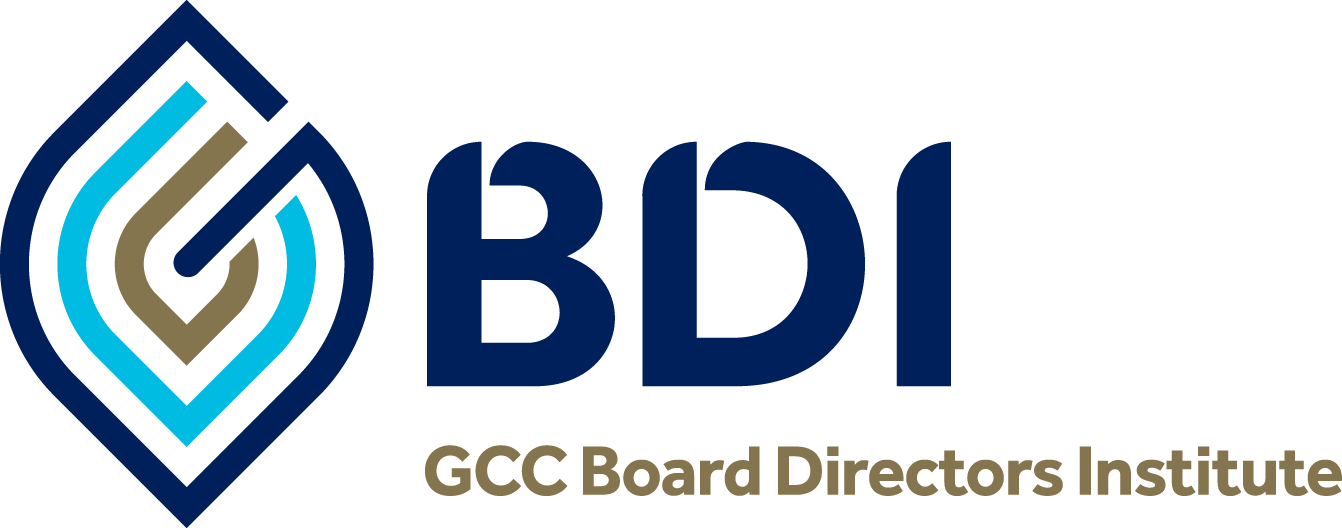Published: February 2023

The Central Bank of the UAE (CBUAE) had issued Notice No. CBUAE/BSD/2022/4708 on 22 November 2022, addressed to Insurance Agents, Insurance Brokerage Companies, Health Insurance Third Party Administrators Operating in the UAE instructing them to activate the escrow accounts that they are required to maintain under their respective guidance/regulations. On 28 November 2022, CBUAE issued a second notice, bearing no. CBUAE/BSD/N/2022/4775, issued to banks operating in the UAE instructing the banks to have appropriate process and procedures in place to support the insurance entities in fulfilling the CBUAE’s instructions (altogether the “Circulars”). There was however a lot of uncertainty on this, because while the intent of CBUAE was clear, there was no detailed guidance on how to fulfil what the Circulars instructed including the nature of the escrow account itself.
The CBUAE has now issued notice no. CBUAE/BIS/2023/575, titled “Clarifications re Escrow Account Requirements”(Escrow Guidelines). The Escrow Guidelines now issued by the CBUAE is applicable to both, the LFIs carrying out insurance and to the banks operating in the UAE.
The purpose of maintaining an escrow account is to maintain a separate account exclusively for holding the funds related to the insurance claims, premium and other insurance related funds of the insurance company. The CBUAE clarified that this requirement is not extended to those insurance intermediary who do not collect insurance premium or receive payments in relation to the claim settlements. The Escrow Guidelines define Escrow Account as an bank account maintained exclusively and separate from other bank account to hold the insurance monies such premium, claim settlement amount. It further sets out that the funds paid into or withdrawn should be protected by an Escrow Agent (i.e. bank operating and licensed by the CBUAE) against any access/ withdrawal / transfer or use by any person including the Insurance Intermediary for any other purpose other than the intended use. This escrow account should be operated by the escrow agent and the insurance intermediary in strict compliance with the Clarification issued and the escrow agreement executed by them.
The Escrow Guidelines further set out the requirements that apply to the insurance entities and to the banks in relation to such escrow account, such as funds in the escrow account should be reconciled daily by the management of the insurance intermediary and should undergo internal and external audit on regular basis. escrow agent must ensure that the funds in the escrow account is protected against withdrawal for any purpose other than for the payments to the insured/insurance company, health service providers (like hospitals) in relation to the operation undertaken by the Insurance Intermediary.
Another important instruction is that the funds deposited and withdrawn in the escrow account should only be in relation to the funds related to insurance transaction limited to premium, claim settlement to the insured/ policyholders/ beneficiaries, payments to the health service provides like hospital/ clinics etc. Therefore, the escrow account should not be used to payment of insurance commission. agent fees, including the fees payable to the escrow agent. This implies that brokers and agents must transfer the entire premium to insurer and then receive their commission from the insurer, which is not how the current market operates.
The Escrow Guidelines will have significant impact on the insurance sector and will create the needs for banking sector to create a solution for the escrow accounts. It is unclear whether the insurance intermediaries will be permitted to convert the existing bank account to an escrow account which will be used exclusively for the purpose of holding insurance funds. The role of the escrow agent will also need to be considered by the banks with potentially responsibilities beyond those of a normal account bank role.
Next Steps
All insurance intermediaries are required to comply with these guidelines with immediate effect, which will also include drafting of the legal agreement between the bank and the insurance intermediary. The Escrow Guidelines have set out the minimum requirements for these agreements but the insurance intermediaries will need to consider whether such agreements form a part of their arrangements with respective insurer or they sit between themselves and the banks.
How can we help?
Al Tamimi & Company banking and insurance team can assist in advising on the regulatory requirements in relation to the escrow account. This includes advising on the requirements, drafting of the escrow agreement, their implication on the overall arrangements and any other requirement that flows from these requirements for insurance intermediaries, insurers or banks and other financial institutions.
Key Contacts
Jody Waugh
Deputy Managing Partner, Head of Banking & Finance
j.waugh@tamimi.com
Anand Singh
Senior Counsel
a.singh@tamimi.com
